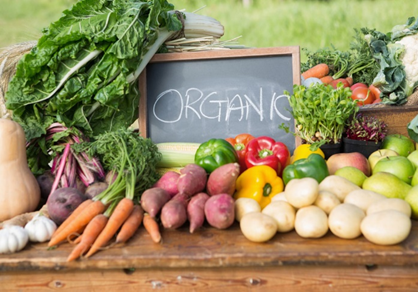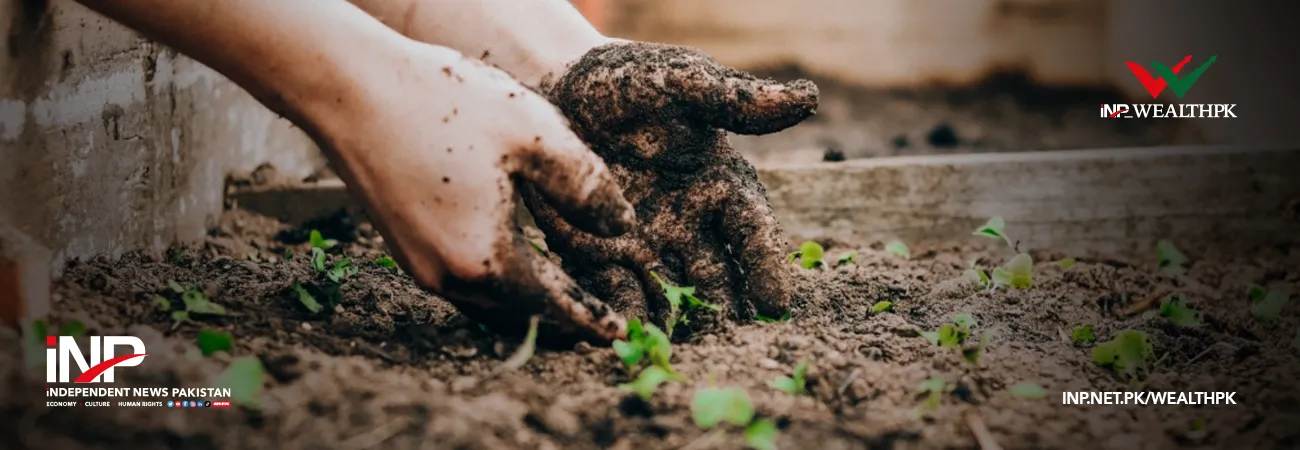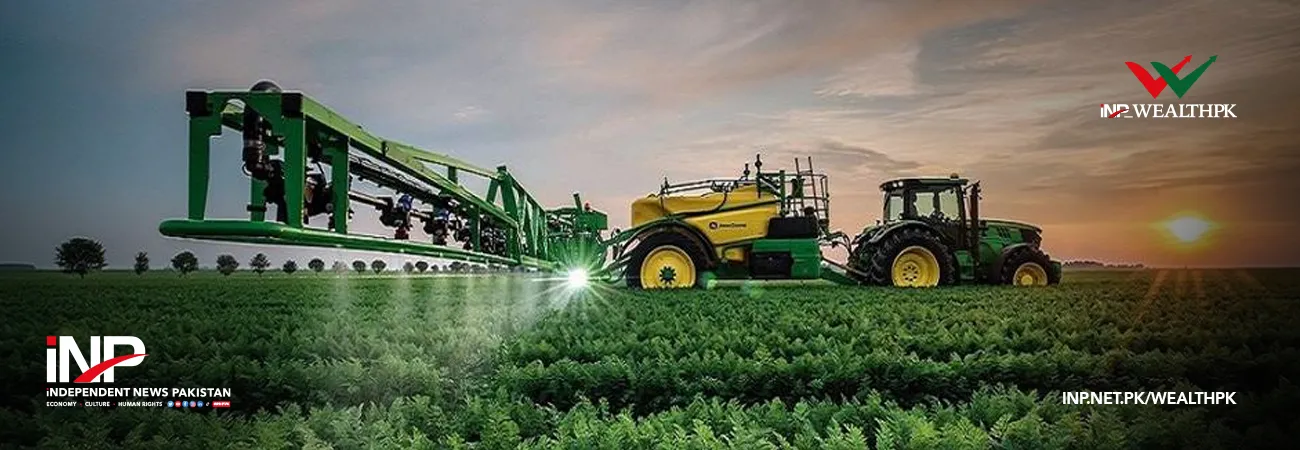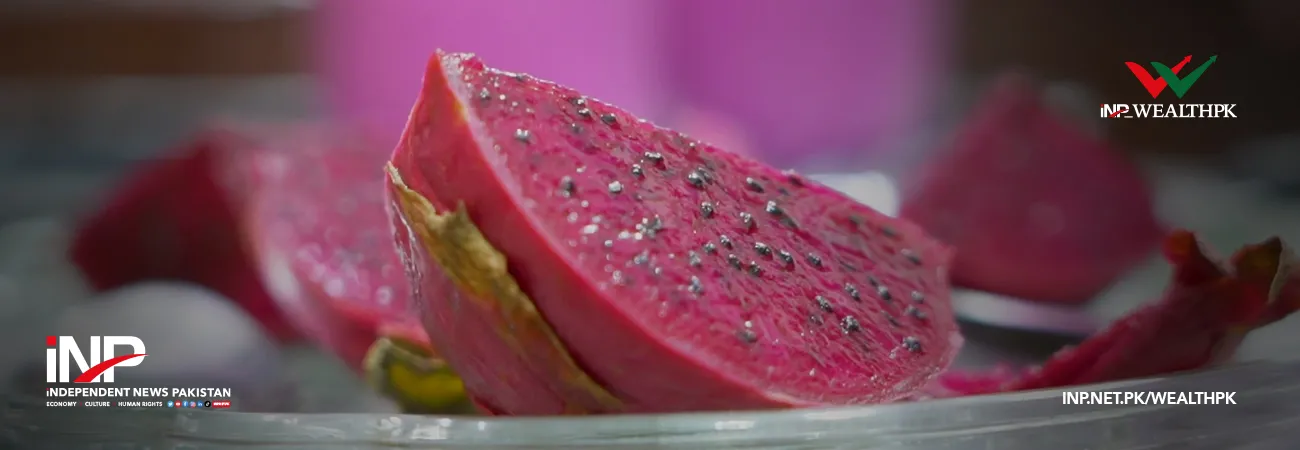INP-WealthPk
Azeem Ahmed Khan
Pakistani farmers have an opportunity to boost their earnings by adopting organic farming, as the global demand for organic products is continuously rising, Advisor to Concave AGRI Muhammad Rizwan told WealthPK.

“The global organic food market is expected to reach $323 billion by 2025, offering Pakistani farmers a lucrative opportunity to export organic fruits, vegetables, rice, and spices,” he said. The shift towards organic farming is financially advantageous, as global consumers are willing to pay a higher price for organic food, Rizwan said. For instance, organic Basmati rice from Pakistan fetches 25-30% higher prices in the international markets, he added.
Explaining organic farming, he described it as a crop production method that avoids harmful synthetic chemicals such as fertilizers and pesticides. Instead, it relies on natural processes like composting, crop rotation, and biological pest control. Conventional farming has contributed to soil degradation and water scarcity in Pakistan, while organic farming presents a sustainable alternative that is more nutritious and can also be applied to the livestock, he added.
Organic farming can play a crucial role in Pakistan’s economy because agriculture contributes 20.9% to the gross domestic product and employs 42.3% of the workforce, the agri advisor said. Quoting the United Nations Food and Agriculture Organization, he said organic farming could improve soil health by 30% and reduce water usage by 50%. Adopting sustainable farming practices is becoming increasingly important in Pakistan to meet the growing food demand of its over 240 million people, he added.
Rizwan said a 2023 report by the Pakistan Environmental Protection Agency revealed that chemical fertilizers had degraded 40% of the country's arable land. Other studies suggested that organic crops contain 20-40% more antioxidants than the conventionally grown ones, he added. Organic practices also enhance soil fertility and biodiversity, he said, citing research from the University of Agriculture, Faisalabad, which found that the organic farms in Punjab had 50% more earthworms and beneficial microbes than conventional farms. Organic farming also helps in combating climate change, as it can reduce greenhouse gas emissions by up to 30%, he added.
Despite its benefits, Muhammad Rizwan said, Pakistan faces several challenges in adopting organic farming methods. A recent survey by the Pakistan Organic Food Association found that 75% of farmers are unaware of organic farming methods and their benefits, and obtaining organic certification can cost up to Rs150,000, which is unaffordable for many small-scale farmers, he added.
He said access to organic seeds, fertilizers, and pest control methods is another issue. A report by the Punjab Agriculture Department indicates that only 10% of farmers have access to organic inputs, while climate change poses further risks. Organic farming in Pakistan holds immense potential to transform the agricultural sector, Rizwan said, adding that government support, private sector investment, and farmer education are crucial to unlocking this potential.
The Punjab government’s “Organic Farming Project” has already trained 10,000 farmers and established 50 organic markets across the province, he added. The Pakistan Organic Food Association also provides certification at subsidized rates for small farmers. He said Concave AGRI is actively promoting sustainable organic farming in Pakistan through initiatives such as Fertilize Right Pakistan and Regenerative Farm, which focus on educating farmers on eco-friendly practices. Moreover, Concave AGRI uses its Kissan Madadgar YouTube channel to raise awareness and provide practical guidance on organic farming methods.
Credit: INP-WealthPk













